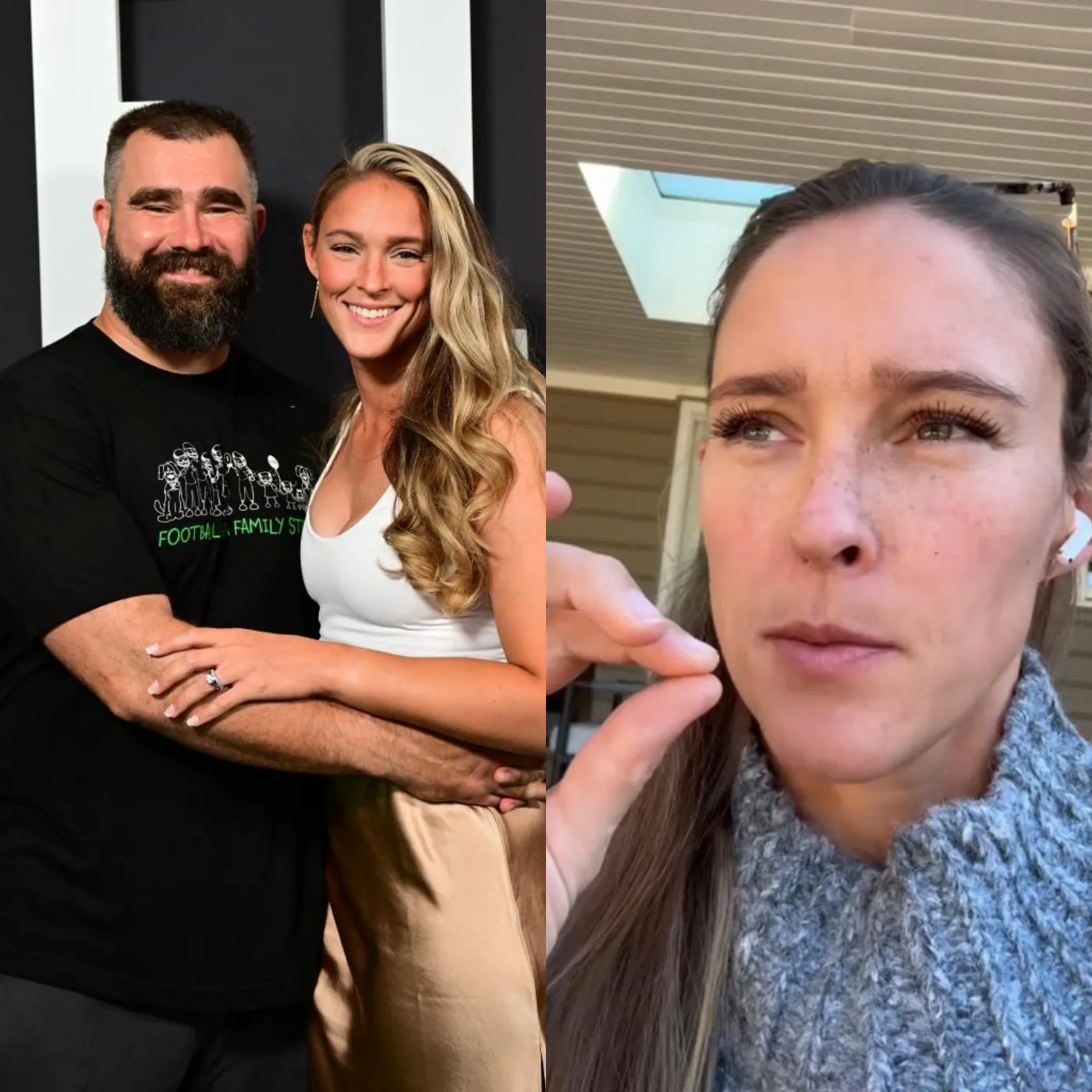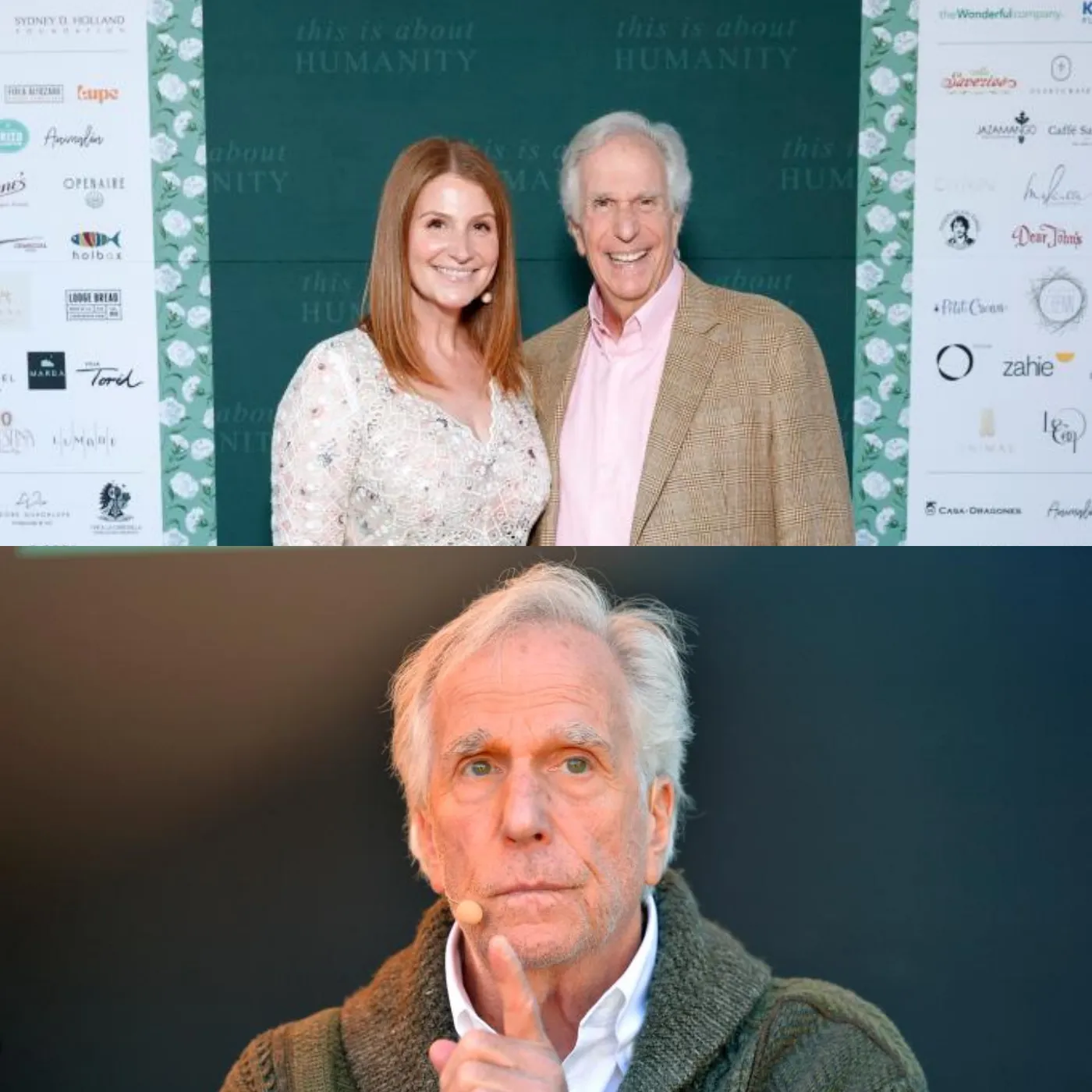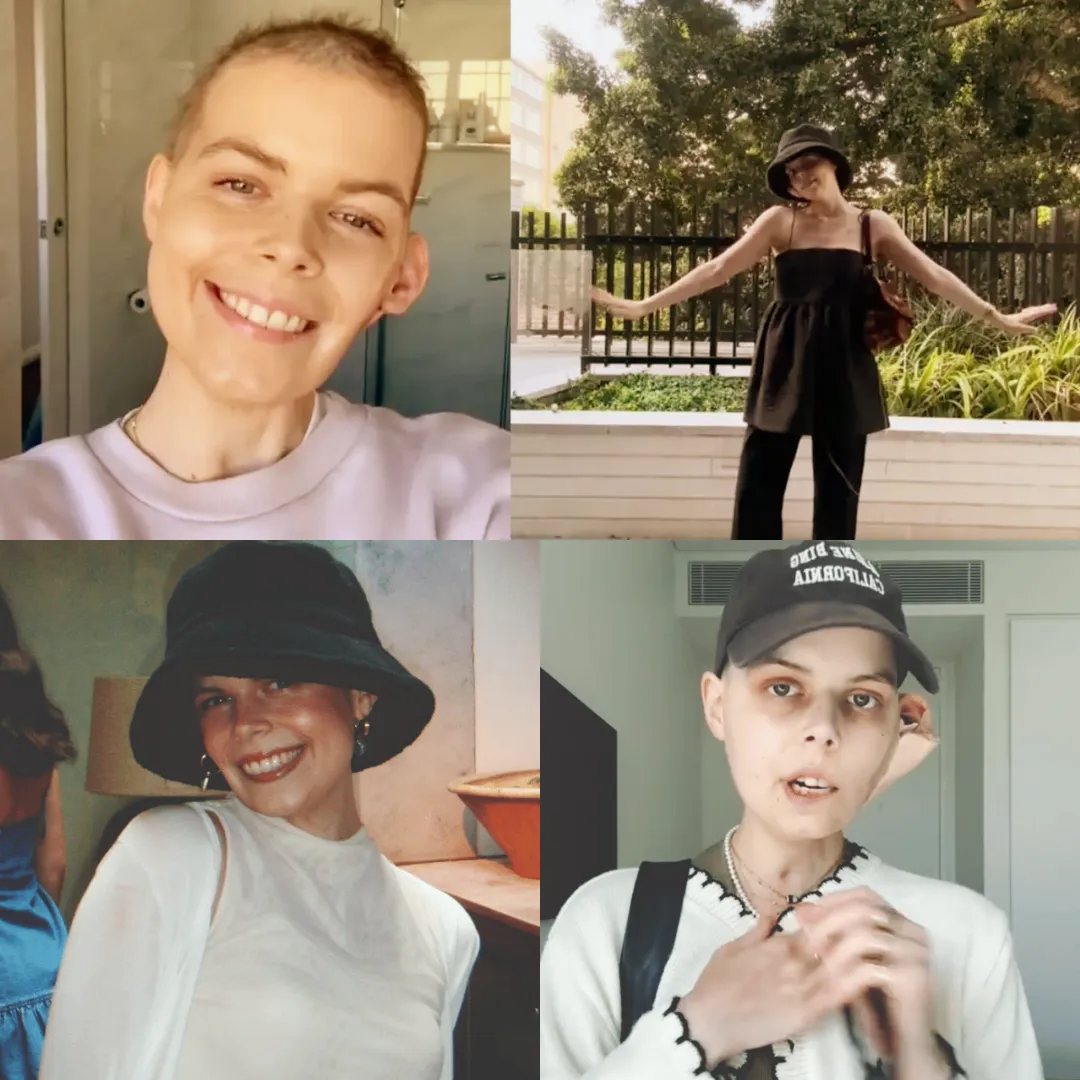Chronic pain and ravaged mental health: this is the brutal reality of Britain’s new working class | Aditya Chakrabortty
The story of former Amazon worker Karolina Sobczak reveals much about the people who keep our society running – at huge personal costIf journalists visit Mansfield at all these days, they come for one thing: the cliches. They want the market town where 70% backed Brexit, the “red wall” seat that booted out its Labour MP in 2017 for a private-school boy who called for the poor to be sterilised. They want colliery brass bands, Nigel Farage’s beery grin and vox pops about stopping the boats. And they’re not alone. For social scientists and thinktankers, Mansfield and its ring of former mining villages make up a petri dish of “left-behind” England, of isolation and anger and impoverishment. They’re part of that other England, which performs the same role in our politics as the corrections and clarifications column in a daily broadsheet, sweeping up stray mishaps and howlers so as to reassure readers that the rest is true. Yes, there are losers in the Britain of the 2020s – many, many losers – but the model works.Even as the mines closed and the factories shut, Margaret Thatcher as good as guaranteed a jobs boom was on its way. When none came, Tony Blair pledged regeneration. Just outside Mansfield, the New Labour government ploughed £38m of taxpayer money into an old coalmine to attract a buyer. After a company bought the site, the regional development agency was jubilant. It put out a press release promising the new owner would “create up to 2,500 jobs – more than existed at the time when [the] colliery was operating at full capacity”.In the UK and Ireland, Samaritans can be contacted on freephone 116 123, or email [email protected] or [email protected]. In the US, you can call or text the National Suicide Prevention Lifeline on 988, chat on 988lifeline.org, or text HOME to 741741 to connect with a crisis counselor. In Australia, the crisis support service Lifeline is 13 11 14. Other international helplines can be found at befrienders.orgAditya Chakrabortty is a Guardian columnist Continue reading...

The story of former Amazon worker Karolina Sobczak reveals much about the people who keep our society running – at huge personal cost
If journalists visit Mansfield at all these days, they come for one thing: the cliches. They want the market town where 70% backed Brexit, the “red wall” seat that booted out its Labour MP in 2017 for a private-school boy who called for the poor to be sterilised. They want colliery brass bands, Nigel Farage’s beery grin and vox pops about stopping the boats. And they’re not alone. For social scientists and thinktankers, Mansfield and its ring of former mining villages make up a petri dish of “left-behind” England, of isolation and anger and impoverishment. They’re part of that other England, which performs the same role in our politics as the corrections and clarifications column in a daily broadsheet, sweeping up stray mishaps and howlers so as to reassure readers that the rest is true. Yes, there are losers in the Britain of the 2020s – many, many losers – but the model works.
Even as the mines closed and the factories shut, Margaret Thatcher as good as guaranteed a jobs boom was on its way. When none came, Tony Blair pledged regeneration. Just outside Mansfield, the New Labour government ploughed £38m of taxpayer money into an old coalmine to attract a buyer. After a company bought the site, the regional development agency was jubilant. It put out a press release promising the new owner would “create up to 2,500 jobs – more than existed at the time when [the] colliery was operating at full capacity”.
In the UK and Ireland, Samaritans can be contacted on freephone 116 123, or email [email protected] or [email protected]. In the US, you can call or text the National Suicide Prevention Lifeline on 988, chat on 988lifeline.org, or text HOME to 741741 to connect with a crisis counselor. In Australia, the crisis support service Lifeline is 13 11 14. Other international helplines can be found at befrienders.org
Aditya Chakrabortty is a Guardian columnist Continue reading...




































